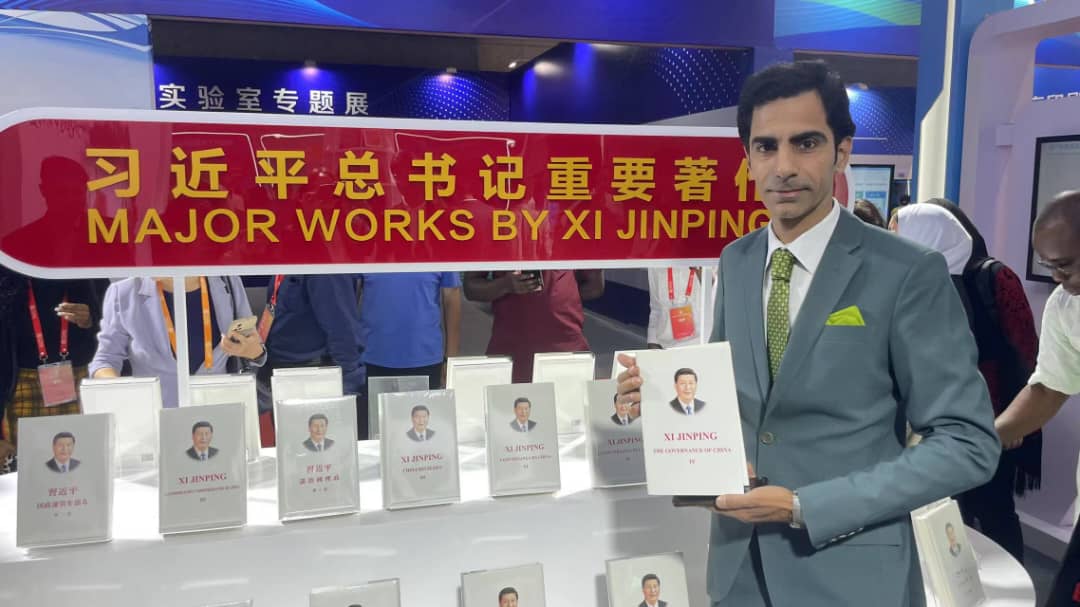France declared a state of emergency on the Pacific island of New Caledonia on Wednesday after three young indigenous Kanak and a police official were killed in riots over electoral reform.
The state of emergency, which entered into force at 5 am local time (1800 GMT), gives authorities additional powers to ban gatherings and forbid people from moving around the French-ruled island.
Police reinforcements adding 500 officers to the 1,800 usually present on the island, have been sent after rioters torched vehicles and businesses and looted stores. Schools have been shut and there is already a curfew in the capital.
Rioting broke out over a new bill, adopted by lawmakers in Paris on Tuesday, that will let French residents who have lived in New Caledonia for 10 years vote in provincial elections – a move some local leaders fear will dilute the Kanak vote.
“No violence will be tolerated,” said Prime Minister Gabriel Attal, adding that the state of emergency “will allow us to roll out massive means to restore order.”
He later signed a decree declaring a state of emergency that will last for 12 days and announced that French soldiers would be used to secure New Caledonia’s main port and airport.
Authorities also decided to ban video app TikTok, which the government during a bout of riots on France’s mainland last summer said helped rioters organise and amplified the chaos, attracting troublemakers to the streets.
TikTok could not immediately be reached for comment.
Earlier in the day, a spokesperson for New Caledonia’s President Louis Mapou said three young indigenous Kanak had died in the riots. The French government later said a 24-year-old police official had died from a gunshot wound.
“He took off his helmet (to speak to residents) and he was shot right in the head,” Interior Minister Gerald Darmanin said.
Noumea resident Yoan Fleurot told Reuters in a Zoom interview that he was staying at home out of respect for the nightly curfew and was very scared for his family.
“I don’t see how my country can recover after this”, Fleurot said, adding he carries a gun during the day when he goes out to film the rioters he called ‘terrorists’.
Police were outnumbered by protesters, locals told Reuters.
Electoral reform is the latest flashpoint in a decades-long tussle over France’s role in the mineral-rich island, which lies in the southwest Pacific, some 1,500 km (930 miles) east of Australia.
France annexed the island in 1853 and gave the colony the status of overseas territory in 1946. It has long been rocked by pro-independence movements.
LOOTING
New Caledonia is the world’s No. 3 nickel miner and residents have been hit by a crisis in the sector, with one in five living under the poverty threshold.
“Politicians have a huge share of responsibility,” said 30-year-old Henri, who works in a hotel in Noumea. “Loyalist politicians, who are descendents of colonialists, say colonisation is over, but Kanak politicians don’t agree. There are huge economic disparities,” he said.
Henri, who declined to give his full name, said there was significant looting, with the situation most dangerous at night.
The French government has said the change in voting rules was needed so elections would be democratic.
But it said it would not rush calling a special congress of the two houses of parliament to rubber-stamp the bill and has invited pro- and anti-independence camps for talks in Paris on the future of the island, opening the door to a potential suspension of the bill.
The major pro-independence political group, Front de Liberation Nationale Kanak et Socialiste (FLNKS), which condemned the violence, said it would accept the offer of dialogue and was willing to work towards an agreement “that would allow New Caledonia to follow its path toward emancipation”.
Most residents were staying indoors.
Witness Garrido Navarro Kherachi said she moved to New Caledonia when she was eight years old, and has never been back to France. Although eligible to vote under the new rules, she says she won’t “out of respect for the Kanak people”.
“I don’t feel I know enough about the history of Caledonia and the struggle of the Kanak people to allow me to vote,” she said.
Post Views: 7


 Sports3 months ago
Sports3 months ago
 Sports3 months ago
Sports3 months ago
 Fashion3 months ago
Fashion3 months ago
 World3 months ago
World3 months ago
 World3 months ago
World3 months ago
 Sports2 months ago
Sports2 months ago
 Sports2 months ago
Sports2 months ago
 World3 months ago
World3 months ago



















